It doesn’t take Caitlin Clark for WNBA teams to sell out an NBA arena. It doesn’t even take a WNBA team in that city. The Connecticut Sun and L.A. Sparks sold out the Celtics’ TD Garden on Tuesday.
It was the first WNBA game to be played in Boston, the league’s third-highest attendance of the season, and the biggest crowd for the Sun in franchise history. And the 6–22 Sparks gave the 20–7 Sun a run, ultimately losing by just eight points.
“Can’t say I don’t have chills — one of the louder TD Garden moments I’ve experienced, and I just covered an NBA championship in this building,” sportswriter Noa Dalzell posted on social media during the fourth quarter.
The players certainly felt the electric atmosphere. “Hopefully this isn’t the last, and hopefully this is the first of many,” Sun star DiJonai Carrington told the crowd after the game. (She also said the game should’ve been on national television and blamed the league for not promoting it enough. The matchup was shown on only local TV and WNBA League Pass.)
All the hype and energy around the game raises the question: Could the WNBA ever find its way to Boston?
Commissioner Cathy Engelbert has made herself clear: She wants 16 teams in the league in the next few years, and there’s plenty of interest. Philadelphia, Portland, Denver, Nashville, and South Florida are all on the table, she’s said. The San Francisco Bay Area joins next season, and Toronto follows in 2026. Boston has not been mentioned.
After Tuesday night, it’s clear the market has plenty of interest in women’s basketball, and that players and coaches like TD Garden. Boston is one of the most robust sports markets in the country, with three iconic major men’s franchises playing in the city and the Patriots an hour away. But the city has never had a WNBA team, and it hasn’t had a top-flight women’s soccer team for the last two decades, although an NWSL expansion franchise is coming to the city in 2026.
Here are the three most likely routes for the WNBA to take to find its way to Massachusetts and how viable each might be:
Option 1: Move the Sun to Boston
The Connecticut Sun were the first professional sports team to be owned by a Native American tribe and have played in the Mohegan Tribe’s casino complex in Uncasville since 2003. They became the WNBA’s first team to turn a profit back in 2010.
Leading up to the Boston game, players expressed some frustration about the Sun’s facilities. They practice in a space owned by the tribe, meaning if tribe members want to use the gym, the team needs to accommodate them.
“When you look at things on social media of where other franchises are and where we are, I mean, clearly, we are still behind in many areas,” 11-year Sun veteran Alyssa Thomas told CT Insider.
“Maybe we need a bigger venue, maybe we’ve been underselling this for so long,” she said. “I think this is what Boston is going to bring, just to see what this franchise can really reach.”
But team owners made it clear ahead of the game to CT Insider that they are not interested in moving the franchise roughly 100 miles northeast. “It’s the fact of exposure,” Mohegan Tribe corresponding secretary Joe Soper told the outlet. “We’ve been here for 20 years, and I don’t think we get the Boston footprint nearly as much.” A spokesperson for the team did not immediately comment.
So while Connecticut’s players are plenty interested in the bigger market, the owners aren’t quite champing at the bit.
Conclusion: Probably not.
Option 2: Expansion team under Celtics ownership
Back when the NBA dreamed up the idea of a sister league in the 1990s, plenty of markets were interested, but not Boston, the late David Stern told The Athletic back in 2019. “There was very little enthusiasm by ownership at that time for a WNBA team in Boston. They were not interested,” he said.
At that point, the Celtics had plenty on their plate: Rebuilding from the glory days of Larry Bird, reeling from the sudden deaths of Len Bias and Reggie Lewis, and producing a subpar result on the court, the owners were struggling enough to run just one team.
Wyc Grousbeck and Steve Pagliuca bought the team from the Gaston family for $360 million in 2002. As recently as 2019, they said they were out on women’s basketball.
“Hosting a WNBA team isn’t something we’ve considered,” they told The Athletic in 2019, “as our intense focus has always been bringing championships to the Boston Celtics and our fans. We are supportive of the WNBA, and we are glad that there is a team for fans of the women’s game here in New England with the Connecticut Sun.”
But sometime between then and last fall, things changed. “There’s some discussions underway,” Grousbeck told Axios about a potential WNBA team in Boston in October 2023. “Stay tuned, but I’m not sure,” he said. “I’ve heard some rumblings.”
Grousbeck said he has “been open to it all along,” but the logistics would be challenging, because the Celtics lease TD Garden from Delaware North, the conglomerate that owns the Bruins.
There’s another challenge: Grousbeck is selling his majority stake in the Celtics. He has said he wants to do a slow-motion sale, retaining control as team governor until 2028.
If Grousbeck is serious about these “discussions” to get the WNBA in Boston, he could act quickly, trying to secure a women’s franchise and sell both teams to new ownership. Or, he could intentionally seek out owners who would commit to bringing professional women’s basketball to the city, and sell to only ones with a laid-out plan or proposal to the WNBA, or even the league’s approval. The Celtics did not immediately respond to a request for comment.
The league would seem unlikely to partner with the Celtics while their ownership situation is up in the air. But should Grousbeck pick a hard-core supporter of women’s sports as his successor, it could be a perfect deal for the WNBA. The league did not immediately respond to a request for comment.
Conclusion: Maybe.
Option 3: New owners entirely
The last resort here would be a new ownership group entirely rather than existing ones in the Sun or Celtics. The WNBA didn’t go this route in the Bay Area or Toronto, instead partnering with Warriors and Raptors ownership. But independent franchises aren’t anything new to the league; the Sun, Sparks, Dream, Sky, Wings, Storm, and two-time defending champion Aces are all untethered to an NBA team. The league told Front Office Sports in October that it doesn’t have a preference between the two models.
The city has a history of professional women’s sports closing up shop, but miraculously finding a way to bounce back under new ownership. The Boston Breakers were one of the original eight teams in the NWSL and the oldest professional U.S. women’s soccer club, but folded in 2018 after failed proposals to sell the financially struggling franchise to new owners. In September 2023, the NWSL announced Boston will receive an expansion team in 2026 led by an all-women “core ownership group.” The city also received one of the first six teams in the PWHL after the collapse of its predecessor, the Premier Hockey Federation, and its highly successful Boston Pride.
Could that new soccer ownership group step in? For one, it would potentially need a rebrand, because its name is Boston Unity Soccer Partners. One of the owners, Ami Kuan Danoff, cofounded the start-up Women’s Foundation of Boston in 2017, which provides grants to nonprofits to “economically empower women and girls” in the area, including through sports, according to its website.
Clearly, there’s an appetite for women’s sports in the region, but the right owner for a WNBA team has yet to come forward.
Conclusion: Remains to be seen.
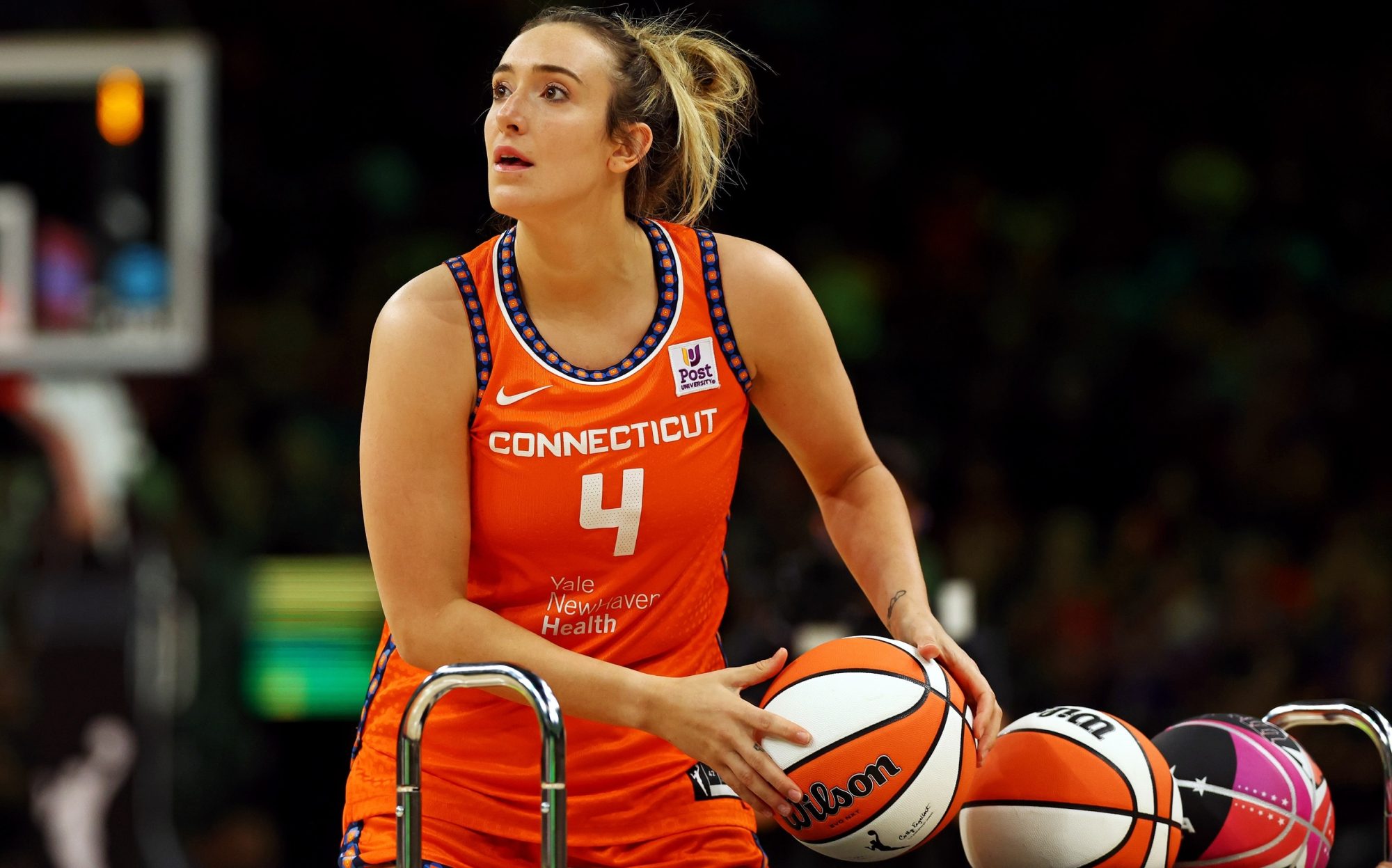
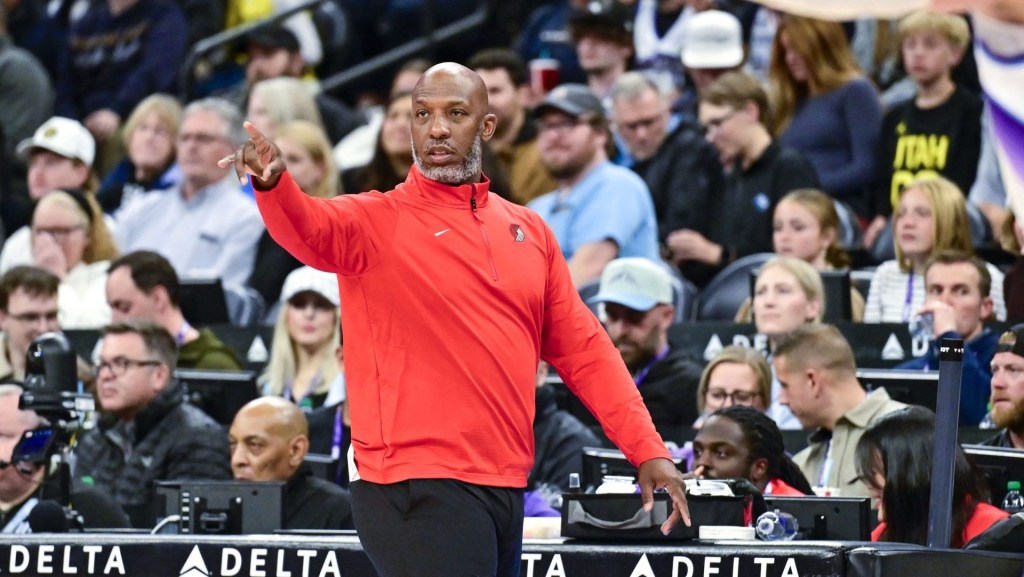
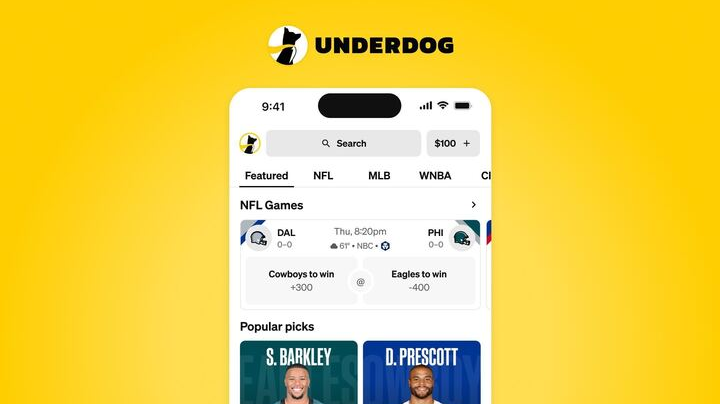
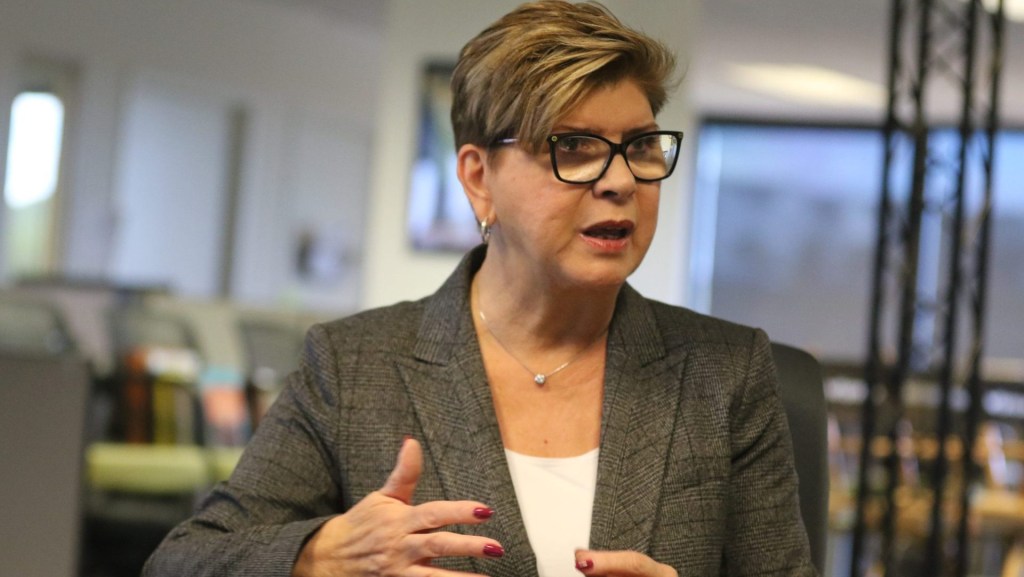
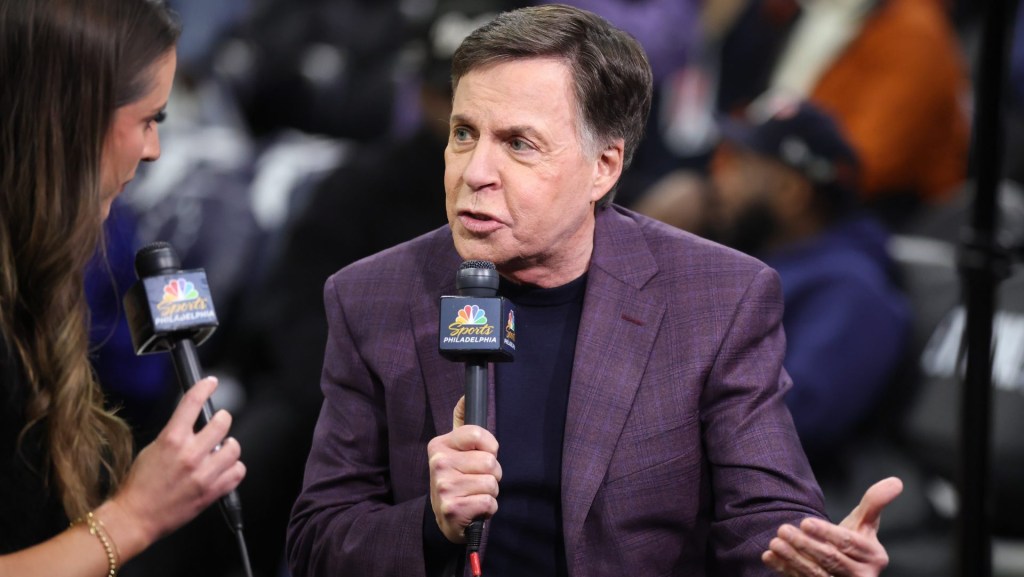


![[Subscription Customers Only] Jun 15, 2025; Seattle, Washington, USA; Botafogo owner John Textor inside the stadium before the match during a group stage match of the 2025 FIFA Club World Cup at Lumen Field.](https://frontofficesports.com/wp-content/uploads/2026/02/USATSI_26465842_168416386_lowres-scaled.jpg?quality=100&w=1024)
![[Subscription Customers Only] Jul 13, 2025; East Rutherford, New Jersey, USA; Chelsea FC midfielder Cole Palmer (10) celebrates winning the final of the 2025 FIFA Club World Cup at MetLife Stadium](https://frontofficesports.com/wp-content/uploads/2026/02/USATSI_26636703-scaled-e1770932227605.jpg?quality=100&w=1024)
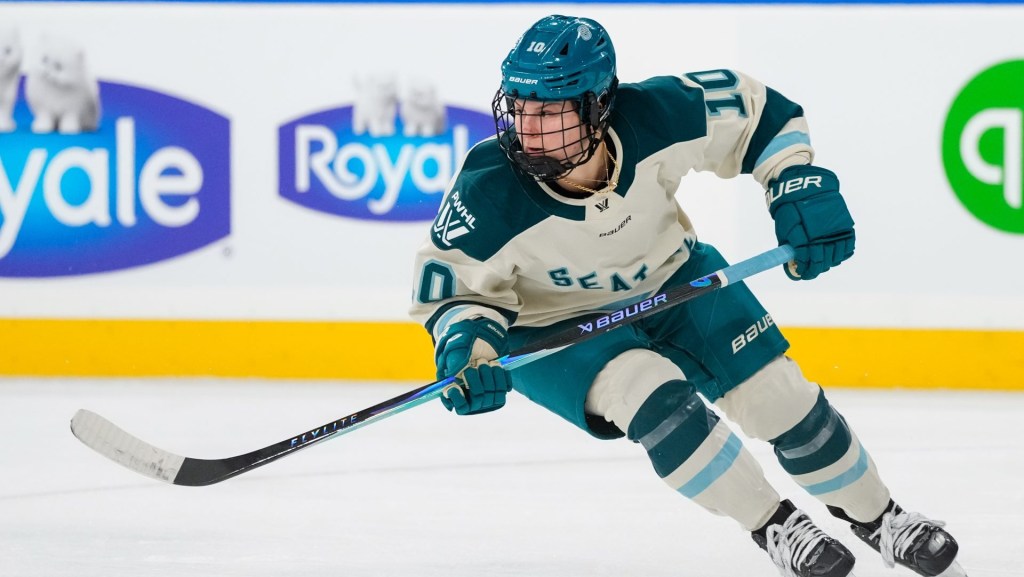



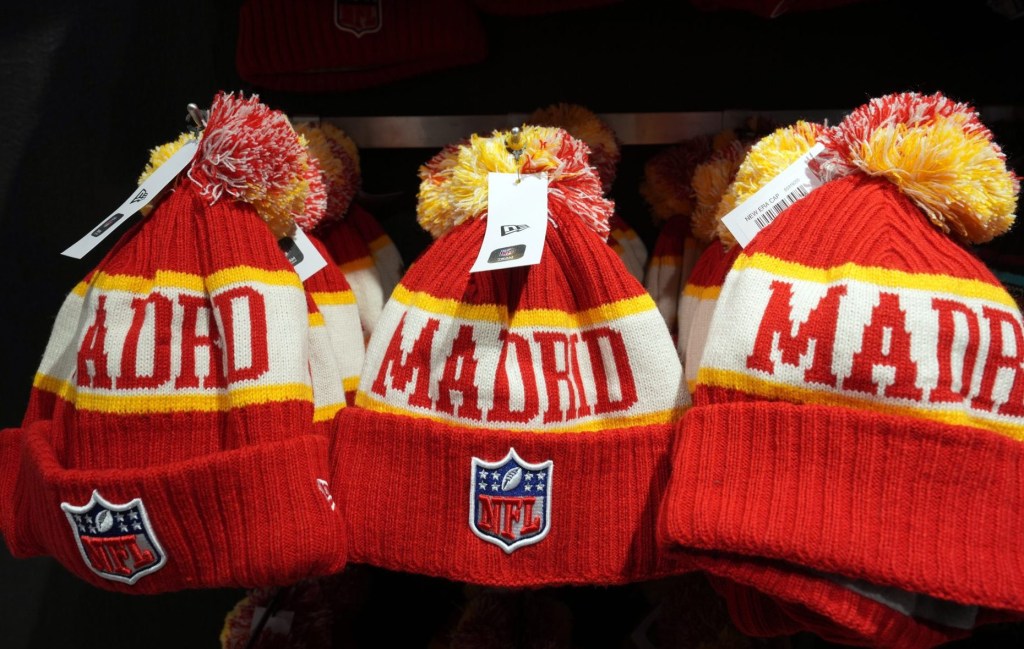
![[US, Mexico & Canada customers only] Feb 6, 2026; Riyadh, SAUDI ARABIA; Jon Rahm in action during the third round of play at LIV Golf Riyadh at the Riyadh Golf Club.](https://frontofficesports.com/wp-content/uploads/2026/03/USATSI_28173562_168416386_lowres-scaled.jpg?quality=100&w=1024)

![[US, Mexico & Canada customers only] Sep 28, 2025; Bethpage, New York, USA; Team USA's Bryson DeChambeau reacts after hitting his approach on the 15th hole during the singles on the final day of competition for the Ryder Cup at Bethpage Black.](https://frontofficesports.com/wp-content/uploads/2026/03/USATSI_27197957_168416386_lowres-scaled.jpg?quality=100&w=1024)
